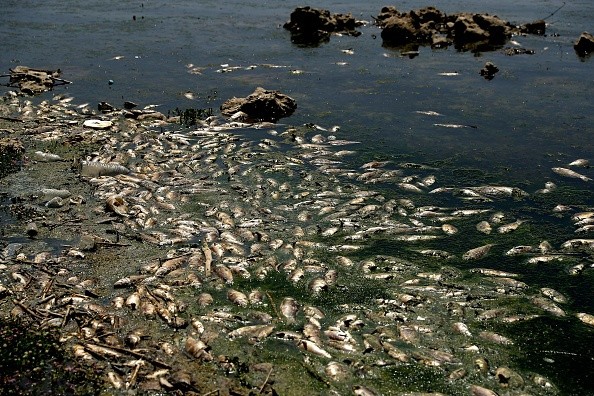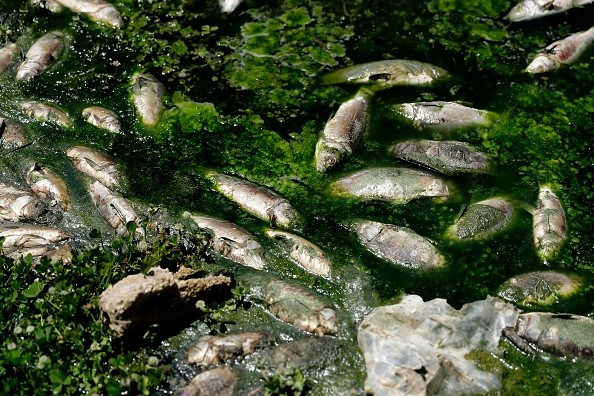Over the holiday weekend, another summer fish kill happened in Biscayne Bay as waters starved of oxygen appeared to suffocate dozens of fish, the most recent sign of a pollution problem that Miami-Dade County is required to fix.

Low Oxygen in Waters
The fish kill's scope is not yet known, academics, environmental groups, and county crews were on the bay Monday in search of more lifeless fish so they could get comprehensive readings on the oxygen levels of the water and other signs of water quality.
A county spokesperson revealed that the environmental arm of Miami-Dade knew about hundreds of lifeless fish on the eastern portion of the bay off Miami Beach.
Miami Waterkeeper, which recorded over 27,000 lifeless fish in the fish kill that happened in August 2020 which in recent recollection was the worst, said it got reports of four unassociated locations of lifeless fish on Monday.
Water Pollution
Due to the high temperatures of recent days and minimal wind speeds bay watchers have been alert for dead fish, since the blend gives higher chance pollutants such as pet waste, fertilizer, and discharge from septic-tank will prompt the growth of algae more than usual, closing up sunlight for oxygen-producing sea grass and also absorbing the oxygen which fish need to breathe.
An executive director of Miami Waterkeeper named Rachel Silverstein said: "It's not unexpected. We started getting signs early last week that temperatures were high and the wind was low. We had reports of fish swimming at the surface, which is a sign that oxygen levels are low."
Silverstein said she didn't think this fish kill was comparable in size to the one of August 2020, when an unusually high inflow of contaminated water from the Little River Canal made the usual challenges of summer weather on fish worse.
But Silverstein said the warning stays the same when an abnormal number of fish shows up lifeless - the Miami region is contaminating Biscayne Bay to the extent that it is causing failure of the ecosystem.

Fish Kill
Miami-Dade still permits the building of new septic tanks, and has not yet taken the main steps to control pollution of groundwater, which an overhaul of the storm-drain system will be needed.
Miami-Dade commissioners modified county law to prohibit fertilizer usage on residential lawns in April amid the summer rainy season and forced new fertilizer rules on farms.
Spokesperson for the county's Division of Environmental Resources Management, Tere Florin said at first county workers found around two dozen lifeless fish close to 79th Street in the region of Normandy Shores. But as more reports were received all through the day, the agency discovered that the fish kill was more extensive than initial reports showed.
There is an online site owned by the Waterkeeper group for making reports of fish kills at miamiwaterkeeper.org.
Fernando Fiksman said he found hundreds of lifeless fish all over his bayfront home on Miami Beach's Biscayne Point about 7:30 a.m. Monday. And he said the smell was very strong.
Related Article : Atlantic 'Dead Zones' Could Cause Mass Fish Kills
For more news, updates about fish kill and similar topics don't forget to follow Nature World News!
© 2025 NatureWorldNews.com All rights reserved. Do not reproduce without permission.





